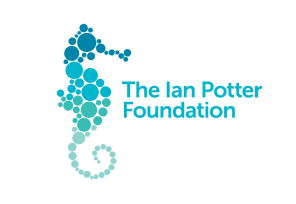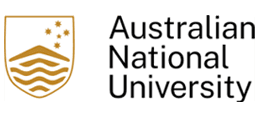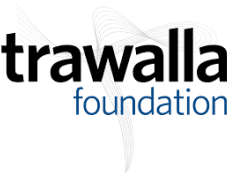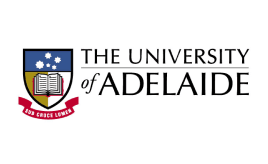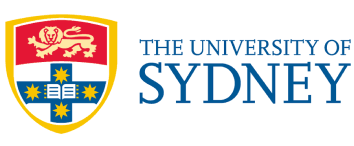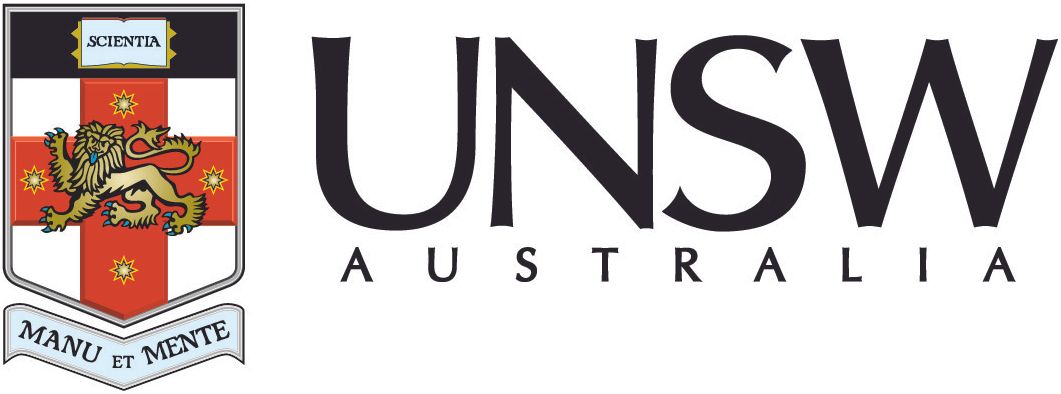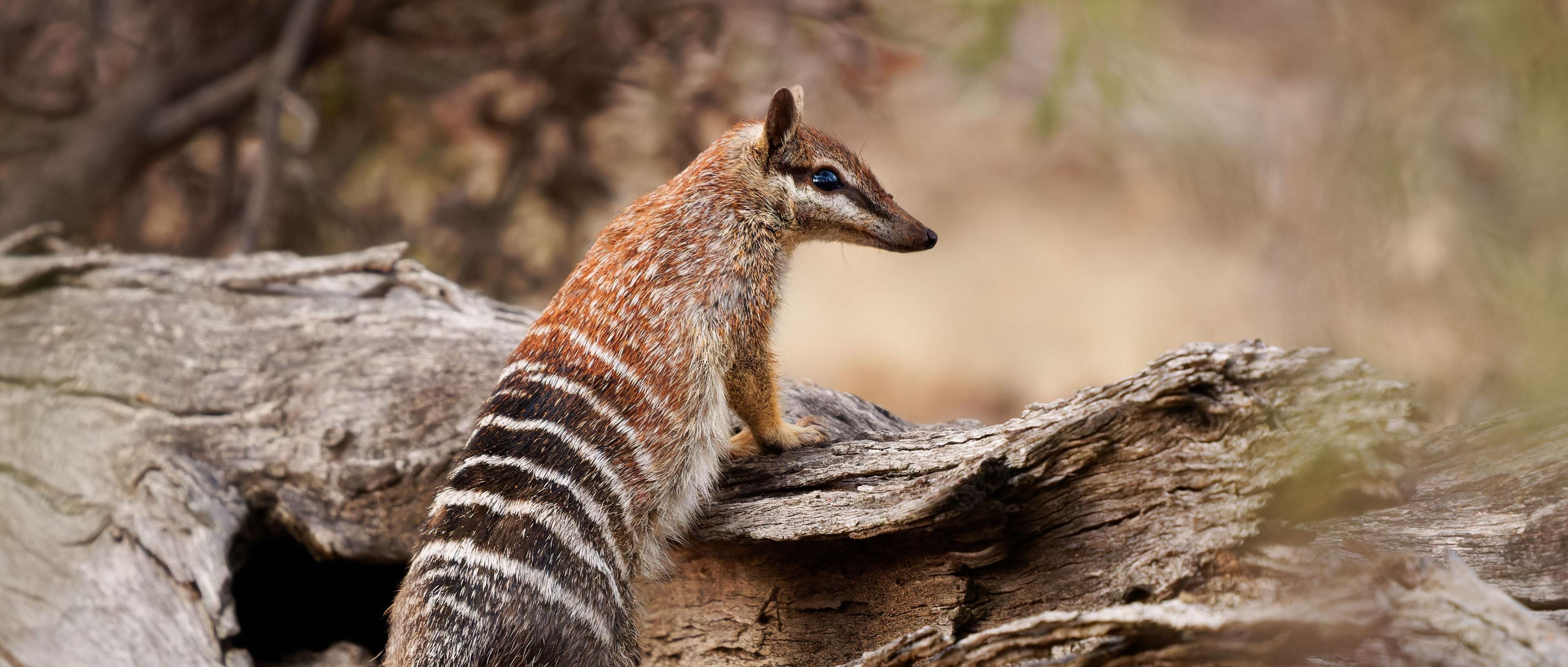
Submission regarding Implementing Australia’s Strategy for Nature 2024-2030
Submission
15 October 2025
The Biodiversity Council welcomes the opportunity to provide feedback on Implementing Australia’s Strategy for Nature 2024-2030 Discussion Paper (‘Discussion Paper’).
Below is a summary of our submission document. For more detail, please download the full submission.
Brief background
Australia is a major contributor to the global biodiversity crisis. The 2021 State of Environment report found that Australia’s biodiversity is declining, and the number of threatened species is increasing. On most measures since the prior report, our biodiversity is continuing to decline.
Australia is also a megadiverse country supporting 7.8 per cent of the world’s described species, with more than 90 per cent of our vascular plants, frogs, and reptiles, and more than 80 per cent of our mammals, being endemic. Of the 17 megadiverse countries, Australia is one of only two on that list that are also wealthy developed countries (the other being the United States), meaning we should be world leading in our ambition to protect biodiversity.
In 2022, Australia adopted the Kunming-Montreal Global Biodiversity Framework (GBF), which seeks to respond to the ample evidence that “despite ongoing efforts, biodiversity is deteriorating worldwide at rates unprecedented in human history.”
In 2024, Australia released an update to Australia’s Strategy for Nature 2024-2030. The Strategy is Australia's National Biodiversity Strategy and Action Plan (NBSAP) under the Convention on Biological Diversity that sets out how it will align with the international targets in the GBF. We made a submission regarding this update and noted that it did not materially change the problematic 2019 Strategy. Our submission stated that Australia cannot afford a minor updating of its NBSAP, it cannot afford only incremental, unambitious reforms, and it cannot afford to ignore the multi-billion shortfall in the financial resources needed for effective GBF implementation.
We note that all nine of our recommendations were not acted upon and remain relevant for the implementation plan.
Our position
The Biodiversity Council is deeply concerned by the lack of urgency, ambition, and credibility in the approach being taken to the Strategy for Nature. Without significant improvements, the vision of the Strategy for Nature will never be realised.
This is an important opportunity to set national ambition to meet the targets in the Kunming-Montreal Global Biodiversity Framework (GBF) and address ongoing biodiversity decline. It is critical to get this right.
The Biodiversity Council has provided high-level comments about the approach, rather than more detailed comments about each outcome, target and enabler of change because our concerns sit at a more fundamental level.
Our key issues are outlined below, with more detail in our submission document:
- The implementation approach lacks specificity and accountability
- The implementation plan needs a Program Logic
- There must be more consultation with First Nations peoples in developing the implementation plan
- The Strategy must include all GBF targets
- There must be a material uplift in funding – GBF Target 19
- The Strategy must commit to reforming biodiversity harmful subsidies – GBF Target 18
- The Strategy must genuinely mainstream biodiversity conservation as an overriding policy imperative.
Download the submission for further detail.



